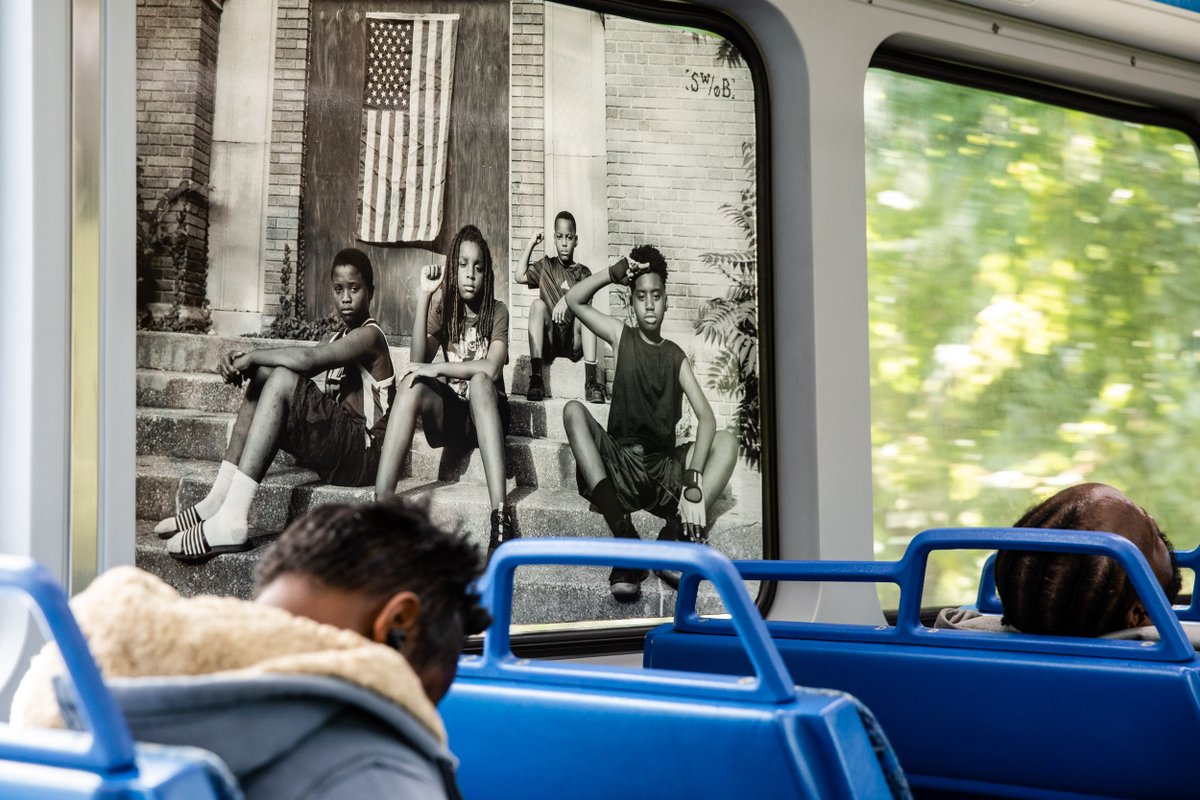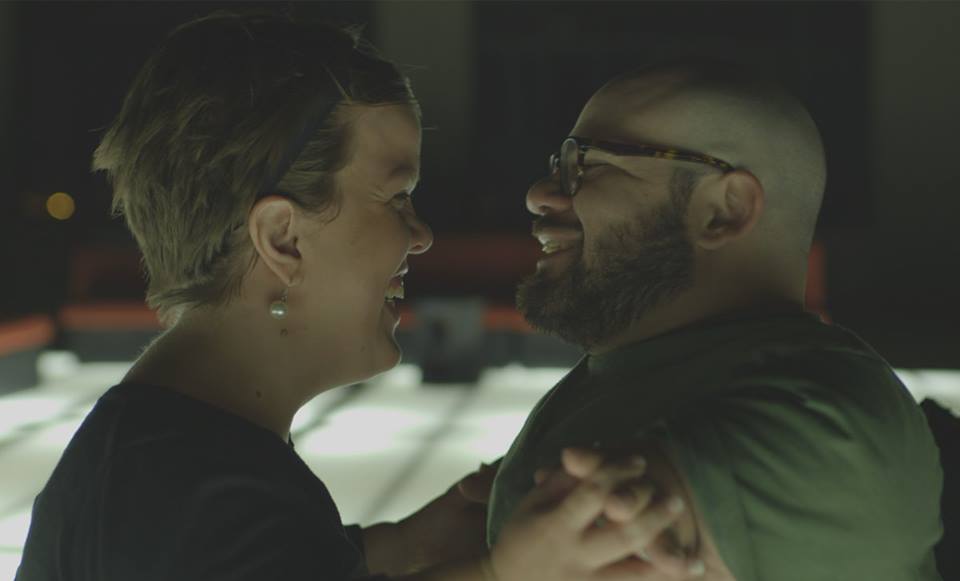Culled from more than 40,000 pages of interview transcripts, Andrew Solomon‘s Far From The Tree takes an exhaustive look at families where the child’s identity is considered to be on the margins of society.
Within the book, Solomon considers how parents navigate the world when a child is deaf, autistic, a dwarf, a criminal, a protégée, has Down Syndrome, and four other identities. Solomon highlights the struggle and beauty in each family’s story, sharing how parents come to accept their children amid the differences that threaten to come between them. The book chronicles the immense love of family, the quest toward a more compassionate world, and the beauty of diversity in all forms.
In deliberations for this year’s awards, juror Steven Pinker wrote: “This is a monumental book, the kind that appears once in a decade. It could not be a better example of the literature of diversity.”
In a recent interview on the ThinkPiece blog, Solomon commented on the major theme that runs through all his books:
My topic ever since I began, and I started work on my first book when I was twenty-four, has been the large question of how people are able to turn the experience of adversity into triumph. And how people transform the perception of their own life experience in order to achieve that point of view. A lot of that work is about pain. It’s really about what people do with pain. It’s about the idea that when you have an experience that is sad or painful, you needn’t say that life is over and there’s no point in going on. You can rather say, “I wish I didn’t have this experience, but I’m going to try to build something out of it.”
Anyone interested in the book should take a moment to visit the website, FarFromTheTree.com, a visually stunning complement. For example, you’ll find videos and resources for each of the themes explored in the book, including the book trailer (shown above), which does much more justice to the book than we could put into words.
Solomon is also the author of The Noonday Demon: An Atlas of Depression, which won the 2001 National Book Award for Nonfiction and was named one of the 100 best books of the decade by the London Times. Solomon lives with his husband and son in New York City and London.



